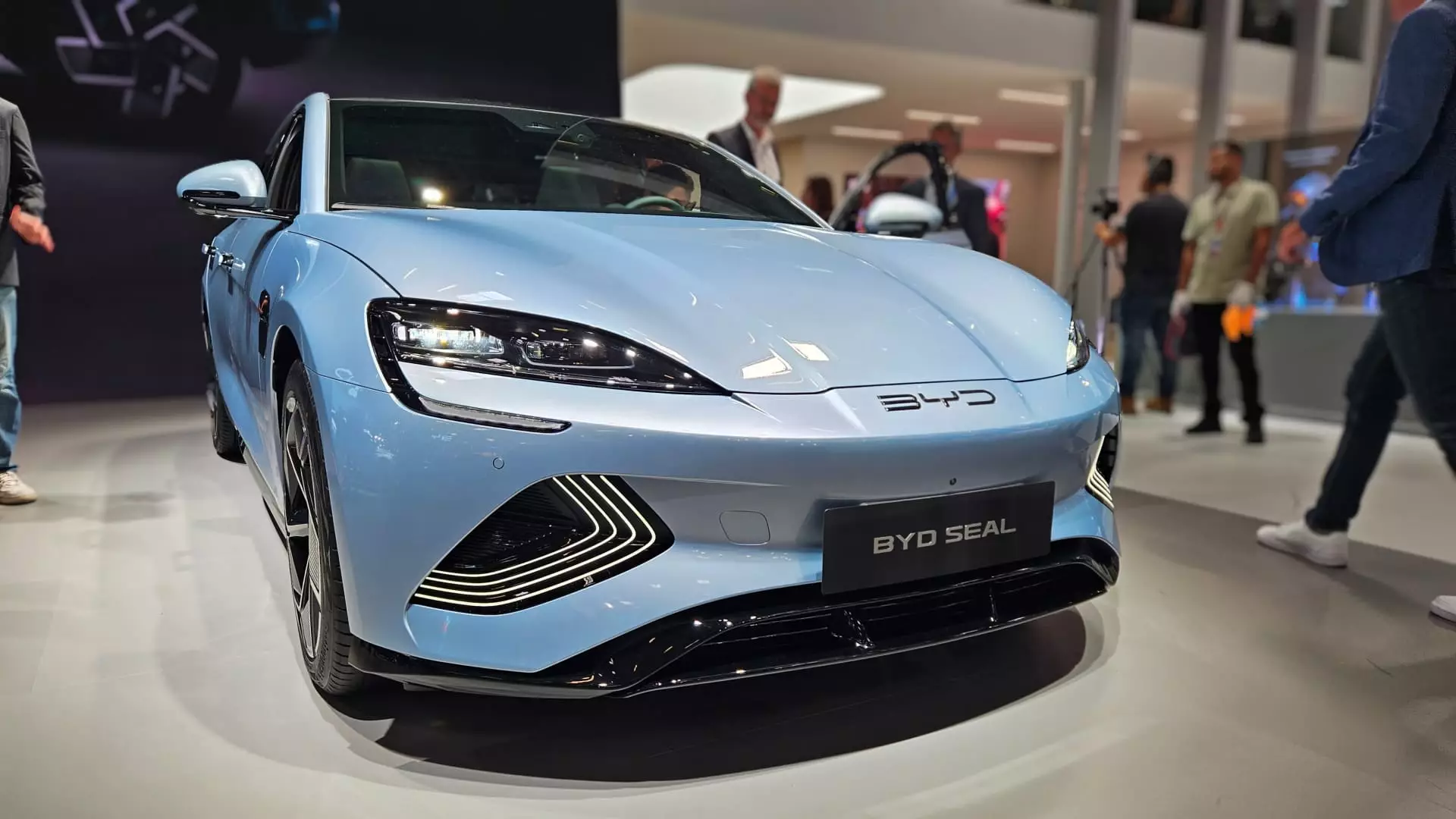In a groundbreaking announcement, Uber and BYD have joined forces to offer ride-hailing drivers special pricing and financing options for BYD’s electric cars. This strategic partnership is set to revolutionize the ride-hailing industry, starting in Europe and Latin America. Despite recent tariffs on Chinese-made electric cars, this collaboration aims to introduce “autonomous-capable vehicles” to Uber’s platform, paving the way for a greener future in urban mobility.
BYD, a prominent player in China’s electric car market, has established itself as a leader in total vehicle production, surpassing even Tesla in recent years. The partnership with Uber signifies a shared commitment to sustainability and technological advancement. “Uber and BYD share a commitment to innovate towards a cleaner, greener world,” stated Chuanfu Wang, BYD’s chairman and president, highlighting the mutual dedication to a more sustainable future.
With plans to extend the partnership to the Middle East, Canada, Australia, and New Zealand, Uber and BYD are poised to make a global impact in the realm of electric vehicles. BYD’s impressive track record of exporting cars to over 70 countries sets the stage for a significant increase in vehicle exports, with a focus on electric models designed for urban mobility. Stella Li, executive vice president at BYD, expressed excitement about the prospect of BYD’s cutting-edge EVs becoming a common sight in cities worldwide.
While specific car models were not disclosed in the announcement, a promotional image featured three distinct models: BYD’s Seal sedan, Seal U SUV, and Atto 3 SUV. These models, already listed on BYD’s Europe website, represent the innovative design and technology that BYD is known for. In previous collaborations with ride-hailing operators like Didi, BYD custom-built electric cars to meet the growing demand for eco-friendly transportation solutions.
Amidst the excitement surrounding the partnership between Uber and BYD, challenges lie ahead in the realm of autonomous driving technology. A BYD spokesperson had expressed skepticism about the feasibility of fully autonomous driving, suggesting that the focus should be on other applications of the technology. As the partnership moves forward, both companies will need to navigate the complexities of regulatory scrutiny and evolving consumer preferences in the rapidly changing landscape of electric vehicles.
The collaboration between Uber and BYD represents a significant step forward in the electrification of urban mobility. By leveraging BYD’s expertise in electric vehicle production and Uber’s vast network of drivers and riders, this partnership has the potential to transform the ride-hailing industry. As both companies work towards a common goal of sustainability and innovation, the future of electric cars looks brighter than ever before.


Leave a Reply
You must be logged in to post a comment.